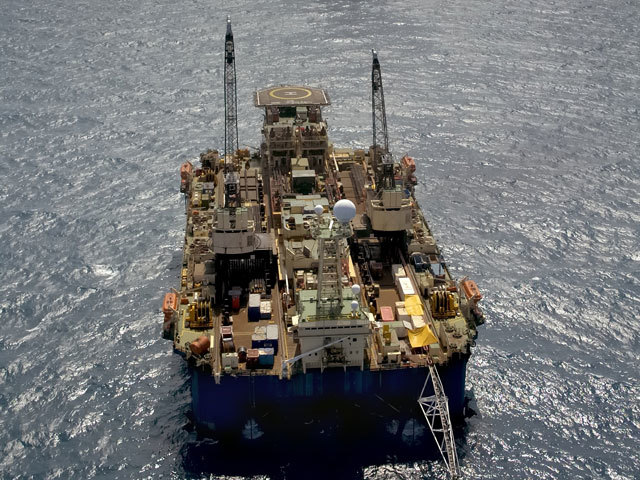
Oil prices have started to recover to above $70 a barrel after the world’s major crude producers agreed that supply needs to be cut significantly next year.
Saudi Arabia’s energy minister said the cartel believed production would need to fall by around one million barrels per day (bpd) on October levels.
That would wipe out the 1m bpd increase the group agreed in June to try to claw back the price of oil.
Khalid al-Falih was speaking after a meeting of Opec at the weekend.
His comments sparked a recovery in the price of international benchmark Brent crude, which rose to $71.04 a barrel yesterday.
The global benchmark topped $85 early in October amid traders’ expectations that sanctions would take a large chunk of Iranian production off the market.
But the market has become sluggish in the past three weeks due to the US issuing sanction waivers for eight countries importing Iranian crude, record US production and forecasts of slowing demand.
On Friday Brent crude dropped to $69.79 per barrel, the first time it has fallen below $70 since April.
Mr Falih said the US sanctions had removed less oil from the market than expected because of the waivers.
“Sanctions didn’t cut so much out of the market as anticipated,” he added.
The energy minister said: “There will need to be a reduction of supply from October levels approaching 1m barrels.
The consensus is that we need to do whatever it takes to balance the market.”
Several analysts said oil prices were likely to turn bullish again.
“Oil markets are significantly oversold in our view, and we remain convinced that both Brent and WTI will rebound from their current bearish market mode,” said analysts at MUFG Bank.
Bob Dudley, chief executive of BP, said: “We can see the volatility. Opec has reduced production since June and quite frankly we would have been over $100 by now.”
He said the waivers had been unexpected, so the market was re-adjusting. Speaking in Abu Dhabi, Mr Dudley said Saudi Arabia’s announcement would now “probably firm the price”.
Any formal decision on production cuts by Opec is expected to come at its next meeting on December 6.
Ashley Kelty, from consultancy Cantor Fitzgerald, said last week that Brent could retreat below $70, but would not dip much below $65.
Mr Kelty said Opec production would struggle to increase much further due to the lack of physical spare capacity.
“The only certainty is further near-term volatility in global markets,” he added.
Recommended for you
